This story begins in 1973. I had
just come back from spending six years as a Prisoner of War in Vietnam. The U.
S. Navy had sent my wife and me to Monterey, California, so I could go to the Naval
Postgraduate School. One of the professors introduced me to a local journalist
and freelance writer. He wanted to write my story. We sat down and he
interviewed me for over thirty hours. When we finished, we had fifty audiotapes.
Next, he wrote a two hundred and fifty two page manuscript about my experience
as a POW in North Vietnam. The Navy required me to send the manuscript to the Naval
Investigative Service for clearance because I was on active duty. The Navy
returned the manuscript four months later and told me not to publish it. At the
Same time, the Navy permitted other POWs to publish their book, because those
books supported the opinions of senior American POWs and the U.S. government.
Not only that, the Navy Investigative Service sent my book to senior American
POWs and some of my roommates for their comment and approval. The Naval
Investigative Service never sent other POW books to me for my comment and approval.
I am thinking there was a huge double standard in those days.
Six years ago, I decided to write
another book on my experience as a POW. I did this, because I wanted my story
on paper for my two sons and six grandchildren. Four years later, in 2014, I
had only written one hundred pages. At that rate, I began to think that I would
die before I finished my book. I contacted Mark Graham at Graham Communications
in Denver, Colorado. He introduced me to Cara Lopez Lee. I took the thirty hours of audiotapes that I did
in 1973 and transcribed them into seven hundred pages of transcripts. I gave
those seven hundred pages of transcripts, along with the one hundred pages that
took me four years to write, to Cara. She finished my book two years later and
did a great job.
I then went to Colin Graham at
Graham Publication Group in Denver. He designed the front and back covers as
well as the interior of my book. He also designed the kindle version. We sent
those to Ingramspark. This is where it
gets weird. When I received my first sales invoice I only received $.74 profit
on each book sold through amazon. Amazon took 55% off the top of the retail
price of $15.95. That is the industry standard. Next the printer took $6.44 per
book. I thought that was outrageous, because the whole idea of self-publishing
was to beat the 10% profit traditional publishers give you. Mark Graham told me
that I could print my book for $5.00 and sell it for $15.00. That is true if
you order the books yourself and sell them out of the trunk of your car like
John Gresham did on his first book. If you sell online through IngramSpark and amazon,
however, you only get $.74 a book unless it is a kindle. If it is a kindle, you
receive 60% profit on a every kindle sold, which is pretty good.
Colin Graham replaced Ingramspark
with Createspace. The return on each book is much better. Now I get $4.25 for
each book sold through amazon. That is pretty good too. However, Createspace
only deals with amazon. For all other retail outlets I only receive $.74 per
book. You can reduce the 55% Amazon gets off the top to 30%, but then other retail
bookstores will not carry your book. You are caught between a rock and a hard
place!
What does this all mean? It means
that the publishing industry set itself up for the benefit of book publishers,
book printers, and book distributors. The publishing industry did not set
itself up for the benefit of authors. You know, one of the great things about
growing old is that you learn something every day. I am seventy-three and I did
not have a clue as to how the publishing industry actually operates.
Despite this, it has still been worth
for to me to write this book for my sons and grandchildren. I have met some
great people during the course of this journey, and that makes it worth it too.
Finally, our government and the senior American POWs have presented a story to
the world about the treatment of American POWs. That story is incomplete and
full of omissions! I have attempted to present a more complete story by telling
you what was not said about the POW experience in North Vietnam.
The title of my book is Unexpected Prisoner.
////////////////////////////////////////////
Title: UNEXPECTED
PRISONER: Memoir of a Vietnam Prisoner of War
Genre: Memoir
Author: Robert
Wideman
Website: www.robertwideman.com
Publisher: Graham
Publishing Group
Find on Amazon
About the Book:
When
Unexpected Prisoner opens, it’s May
6, 1967 and 23-year-old Lieutenant Robert Wideman is flying a Navy A-4 Skyhawk
over Vietnam. At 23, Wideman had already
served three and a half years in the Navy—and was
only 27 combat days away from heading home to America. But on that cloudless
day in May, on a routine bombing run, Wideman’s plane crashed and he fell into
enemy hands. Captured and held for six years as
a Prisoner of War in Vietnam, Wideman endured the kind of pain that makes
people question humanity. Physical
torture, however, was not the biggest challenge he was forced to withstand. In his candid memoir, Unexpected Prisoner, Wideman details the raw, unvarnished tale of
how he came to understand the truth behind Jean-Paul Sartre’s words: “Hell is
other people.”
A gripping, first-person account that chronicles
the six-year period Wideman spent in captivity as a POW, Unexpected Prisoner plunges readers deep into the heart of one of
the most protracted, deadliest conflicts in American history: the Vietnam War. Wideman, along with
acclaimed memoirist Cara Lopez Lee, has crafted a story that is exquisitely
engaging, richly detailed, and wholly captivating. Unexpectedly candid and vibrantly vivid, this
moving memoir chronicles a POW’s struggle with enemies and comrades, Vietnamese
interrogators and American commanders, lost dreams, and ultimately, himself.
With its eye-opening look at a soldier’s life before, during and after
captivity, Unexpected Prisoner presents
a uniquely human perspective on war and on conflicts both external and
internal. An exceptional story exceptionally well-told, Unexpected Prisoner is a powerful, poignant, often provocative tale
about struggle, survival, hope, and redemption.
About the Author:
Robert Wideman was born in Montreal, grew up in East Aurora, New
York, and has dual U.S./Canadian citizenship. During the Vietnam War, he flew
134 missions for the U.S. Navy and spent six years as a prisoner of war.
Wideman earned a master’s degree in finance from the Naval Postgraduate School.
After retiring from the Navy, he graduated from the University of Florida College of Law,
practiced law in Florida and Mississippi, and became a flight instructor.
Robert Wideman holds a commercial pilot’s license with an instrument rating,
belongs to Veterans Plaza of Northern Colorado, and lives in Ft. Collins near
his two sons and six grandchildren.
























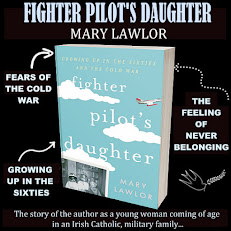














































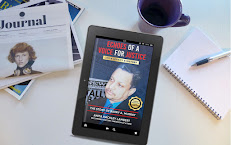



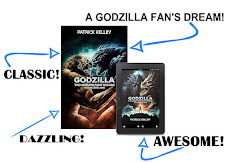
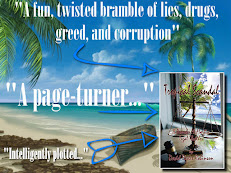





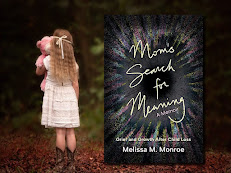



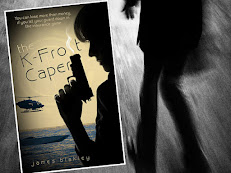

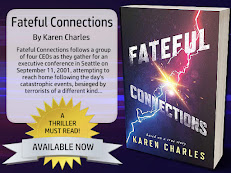
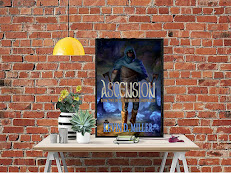






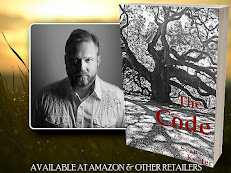








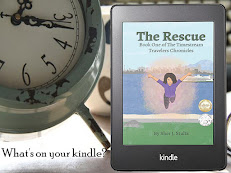














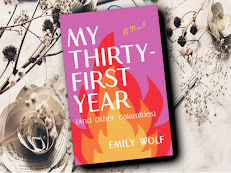

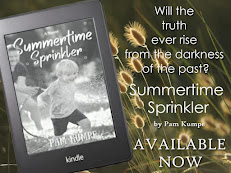




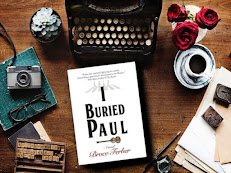
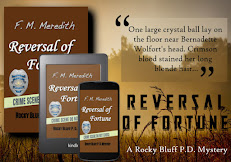


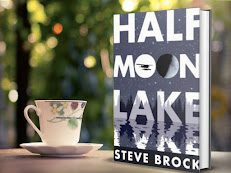

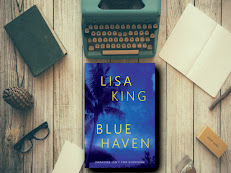





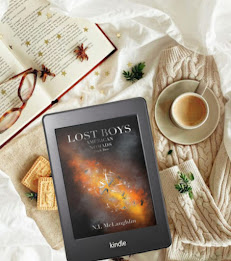

































No comments:
Post a Comment